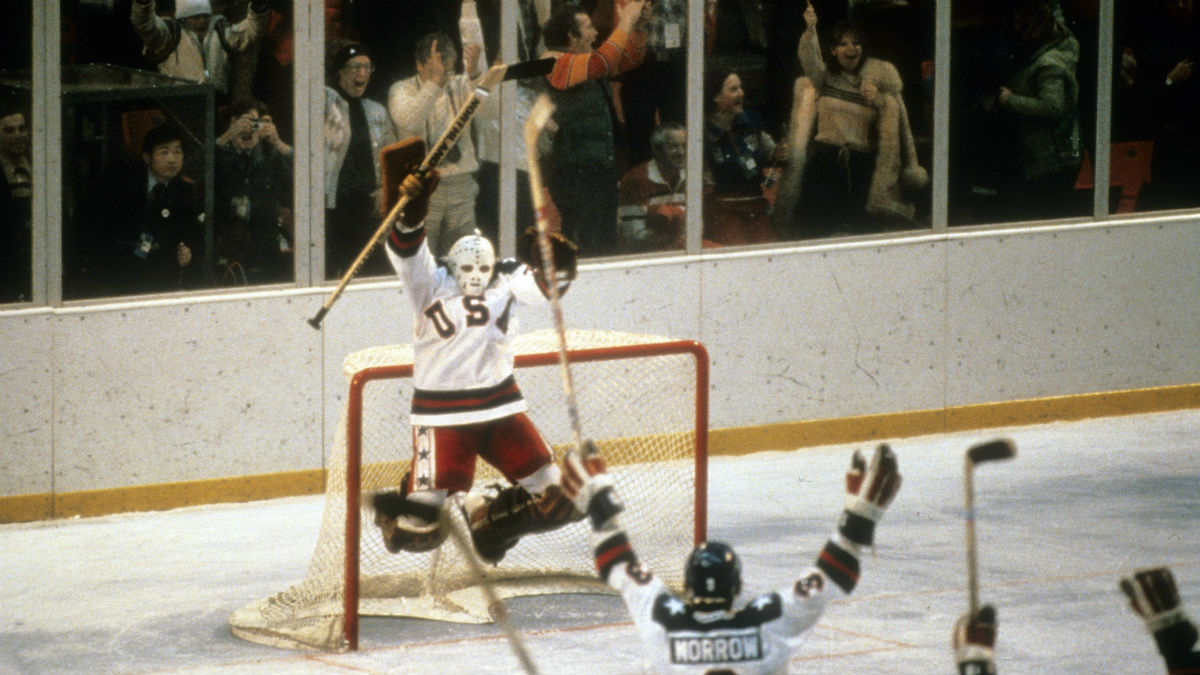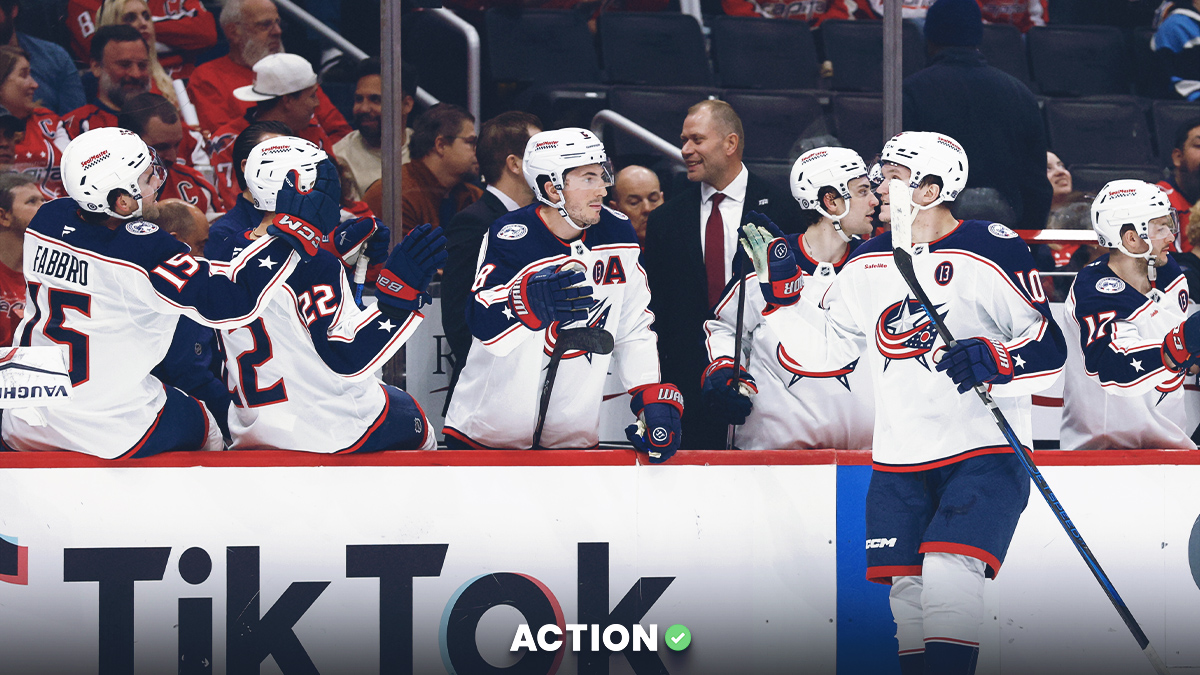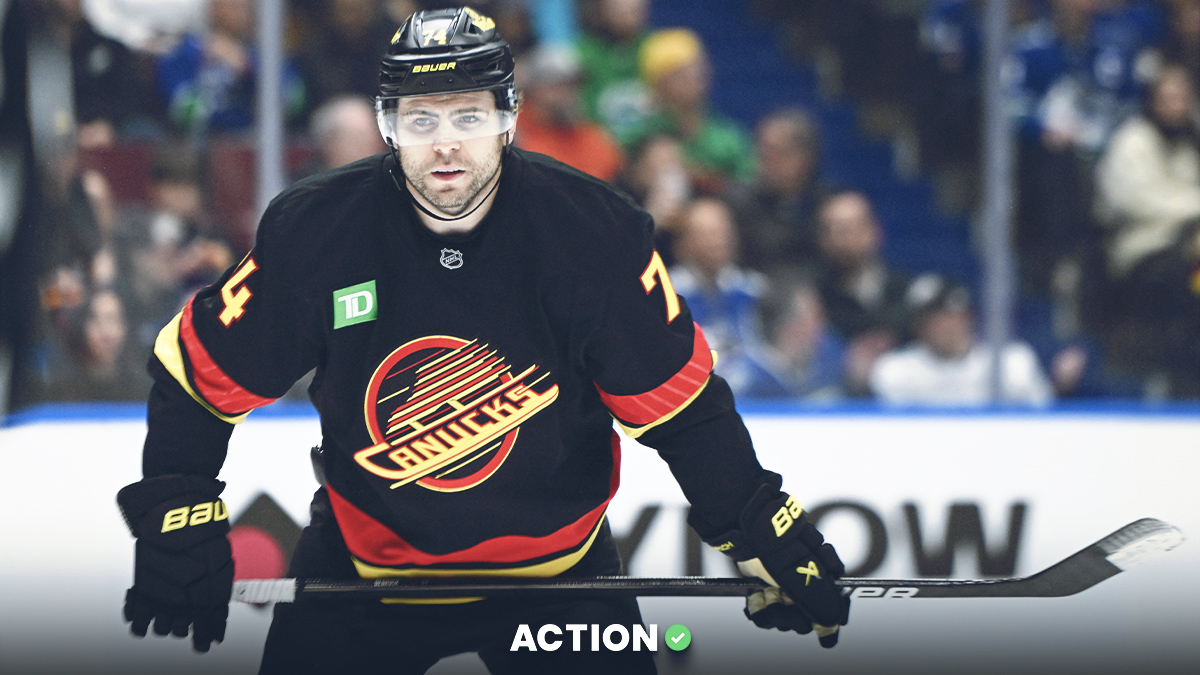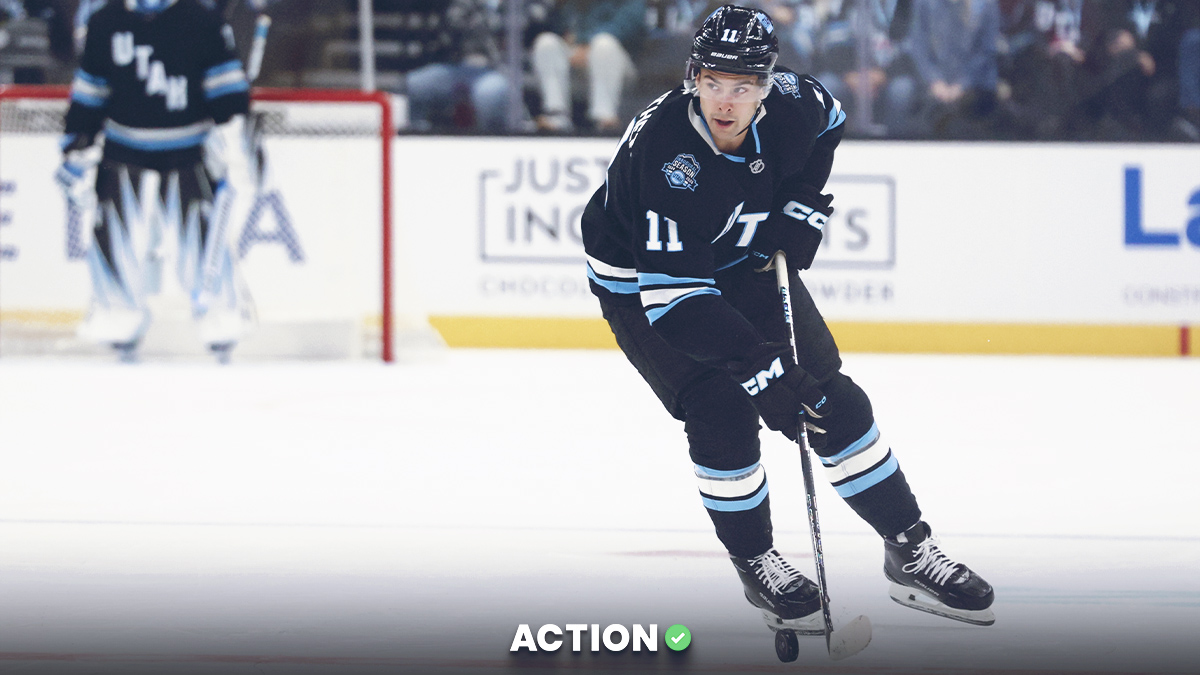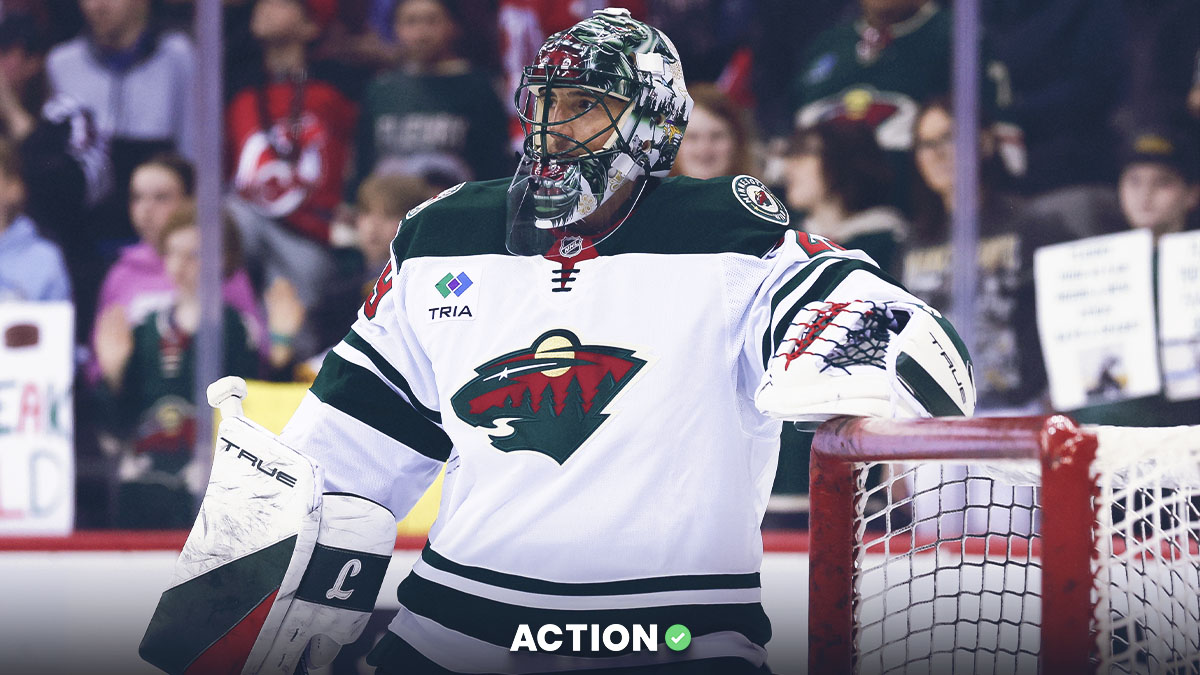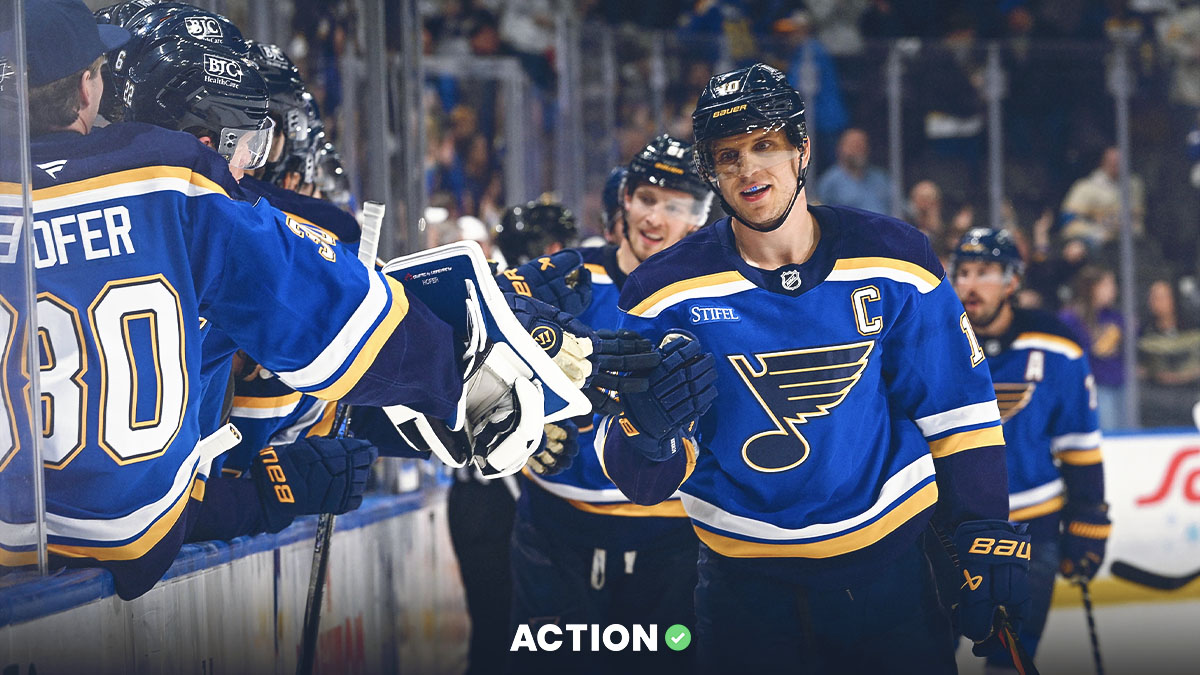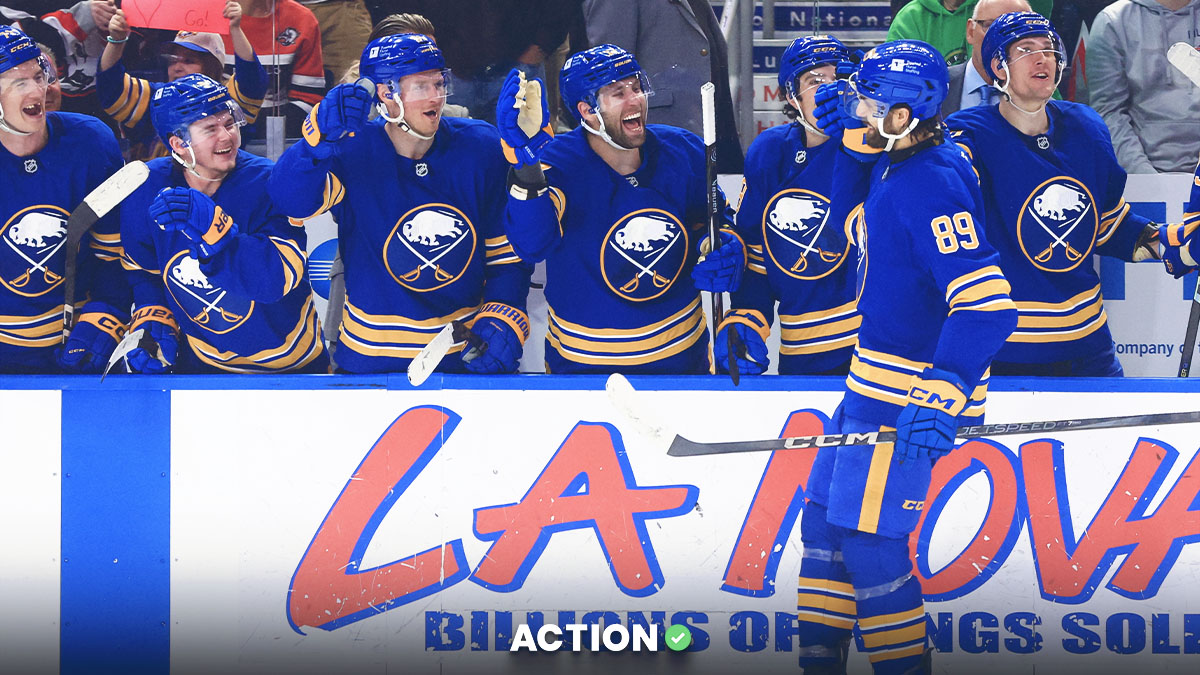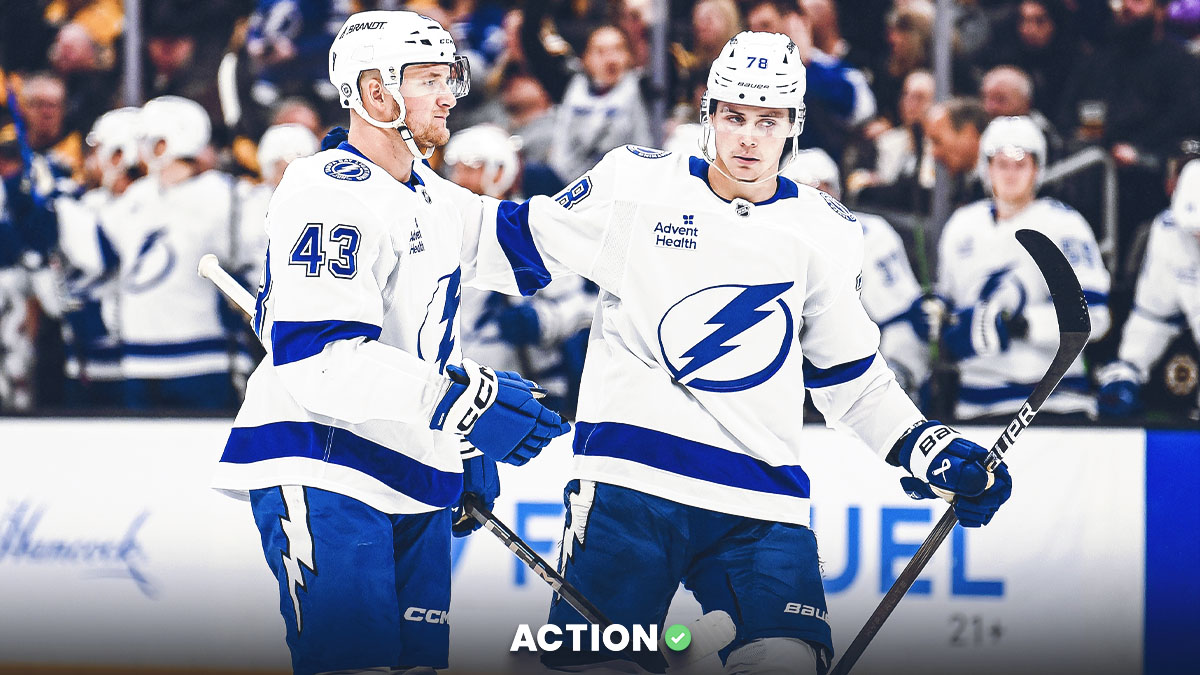Perhaps the most famous line in coach Herb Brooks' speech to his upstart 1980 United States Olympic hockey team before it beat the Soviet Union was this:
"If we played 'em 10 times, they might win nine. But not this game. Not tonight."
He didn't get that number from bookmakers of that era, but he wasn't far off from what may have been offered.
I asked long-time Las Vegas bookmakers, some folks involved in your neighborhood betting scene at the time, and the author of this terrific ESPN piece on the game.
But there wasn't a consensus about the U.S. moneyline for the Miracle on Ice, and I couldn't find an actual record from any sportsbook or newspaper. Longtime bookmaker Jimmy Vaccaro has said on Twitter the U.S. was priced somewhere between +400 and +600; Vegas bookmaker Roxy Roxborough says +350. Other estimates put it around +800, and data and insights from some statistical sports historians put it around +1000.
But there was very little betting interest. Olympic betting wasn't prominent back then. No online/offshore sportsbooks were offering whatever they wanted. And the game was broadcast on tape delay in the U.S., tempering whatever betting interest there would have been.
Let's comb through all the data to find the true price of the Miracle on Ice.
Things Were Different Entering The Tournament Than Entering That Game…
A Monte Carlo simulation run by Carlton Chin and Jay Granat in 2010 gave the U.S. 1,000-1 odds to win Gold entering the tournament. The U.S. was seeded seventh entering the Olympics, but this team had never played together in a real tournament and there was no data on them.
Chin and Granat told me via email that those odds in hindsight should probably have been closer to 17-1 based on what we ended up seeing through the first five games from the Americans.
Chin and Granat's pre-tournament simulation gave the Soviets a 77% chance to win Gold. That's -335 in American odds, and with the juice added to a futures market, let's put them around -450.
The Soviets Were Dominant, But It's Still Hockey…
The Soviets weren't a 99% lock to win gold or this game. A hot goalie, weird bounces and capitalizing on a single opportunity can turn one game on its head. And that's what happened in 1980.
The Soviet Union was of course a dominant force, winning Gold at the previous four Olympics and 12 of the last 16 world championships. They hadn't lost an Olympic game since 1968.
They entered that game against the U.S. with a 51-12 goal differential in round-robin play, but 33 of those goals came against lowly Japan and the Netherlands. The Soviets beat Canada 6-4 and Finland 4-2 in their final two pool play games. This wasn't a team winning every game by 12 goals like the movie Miracle sets up.
The Americans were 4-0-1 and had outscored their opponents 25-10 to that point, playing arguably the best defense in the tournament.
But this was still a monumental upset given the circumstances.
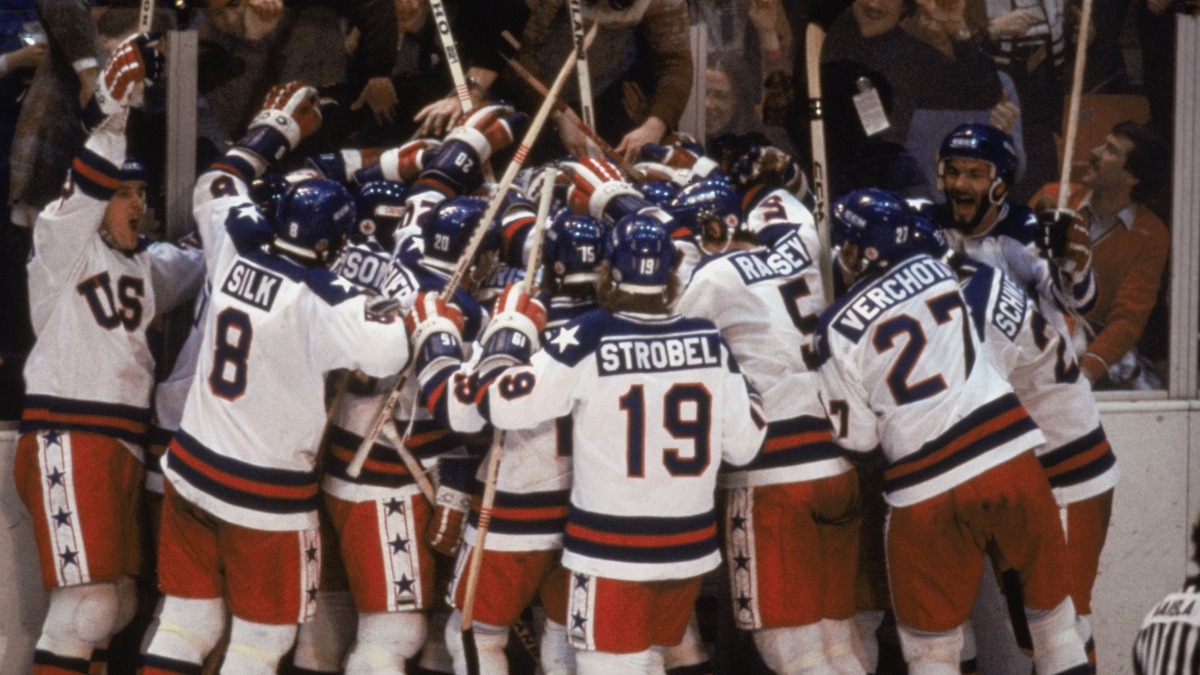
OK, Let's Make Some Lines
To make a betting line, we of course need a pregame probability.
Chin and Granat said in an email that their pregame Monte Carlo simulations would have put the United States' chances to win that game somewhere in the 7% and 14% range, creating a moneyline of anywhere from 6-1 to 12-1.
Sports Reference's Simple Rating System still estimated the Russians as 2.5 goals better than the Americans on average after the tournament. Considering the USSR dominated that game against the U.S. from a statistical perspective despite losing, the underlying ratings of each team shouldn't be all that different entering the game.
Using comparable upcoming games from international hockey markets like the KHL (since the gap in talent is much wider than the NHL), a 2.5-goal gap in relative ability between two teams will lead you to odds of about +600 to +800 on the underdog. That's on the lower side of Chin and Granat's simulations, which again would have priced the U.S. between +600 and +1200.
But this would have been a three-way market, meaning you have to include a draw.
The Olympic medal round in 1980 wasn't a knockout bracket, so the Miracle on Ice game could have ended in a tie. USA's game against the Soviet Union wasn't a semifinal or elimination game; instead it was one of three results in a round robin that were all weighted equally. The U.S. tie against Sweden in their opening game of group play since the Swedes counted toward the medal round standings, plus their wins over Finland and the Soviet Union in the medal round, gave the Americans five points.
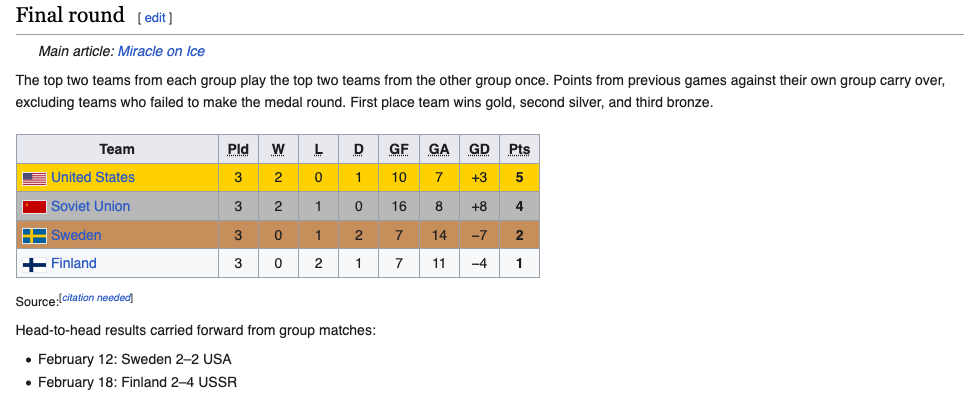
The Soviets actually ended up winning the Silver medal with four points, and would have won Gold had the U.S. not beaten Finland in the last game.
This game could have ended in a tie.
So here's my best guess at an opening line, with just under a 10% hold by sportsbooks. The hold on a game when both sides are -110 is 4.8%, but in events when the gap between the two teams is much larger, you'll often see bigger holds.
USA-Soviet Union Odds
- Soviet Union -350 (bet $5, win $1)
- United States +600 (bet $1, win $7.50)
- Draw +500 (bet $1, win $5)
But What About the Betting Market?
After oddsmakers set an initial number, it's the betting market that dictates where it goes. And it's fascinating to think about what a betting market may have looked like for this game, had modern markets and technology been available.
On one hand, recency bias should have scared off anyone wanting to bet the Americans. They were trounced by the Soviets 10-3 in an exhibition just before the Olympics. And the score could have been much worse, according to a contemporary account from the New York Daily News.
But on the other hand, patriotism can run rampant in American sports betting. Your weasel of a friend may have been in the corner tying the Soviet moneyline into some parlays, but the rest of the party would have taken a shot on the American moneyline (though sadly the game was shown on tape delay in the United States, so betting would have been closed).
Considering the only option to bet on this game in America was with a local bookie, I'm guessing they would have shaded the lines down a touch to account for liability on the U.S.
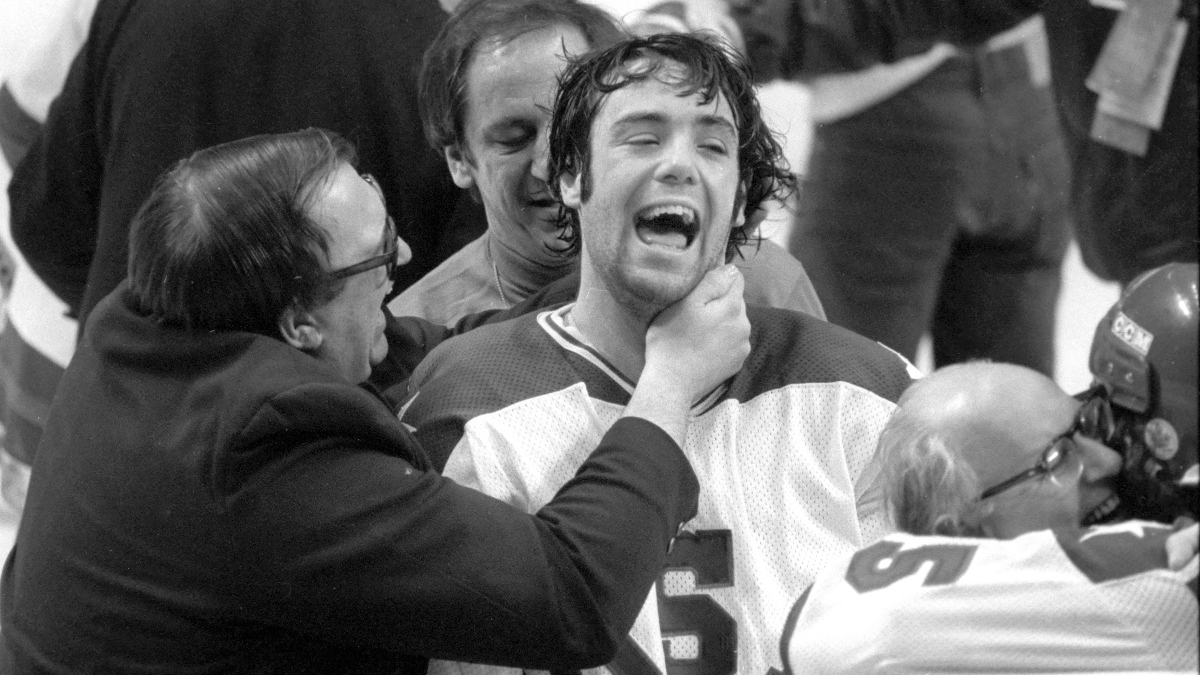
Comparable Upsets
You can't compare the Miracle on Ice to something like Leicester City's Premier League title at 5,000-1, because they're totally different things. Leicester needed to sustain their elite level over a grueling 38-game EPL campaign.
All the U.S. hockey team had to do was win one game. If you believe the 8-1 odds we set, it was like 2022 Boston College beating Notre Dame in football.
If it was more like +400 or +600, it's like the 2022 Detroit Pistons beating the Boston Celtics.
What Ended Up Happening in the Game?
The ESPN piece I referenced at the top gives some fascinating insights into just how bad the U.S. was outplayed by the Soviets despite winning 4-3.
The USSR held a 67.5% advantage in shot share. They allowed just seven 5-on-5 scoring chances, but gave up three goals. The Soviets had 20 even-strength chances and converted just two.
Assuming a standard conversion rate on a scoring chance of 20% — as Twitter's TangoTiger points out — the United States can expect to win a game in which it was that badly out-chanced about 10% of the time.
As Herb Brooks said: They might when nine. But not tonight.


